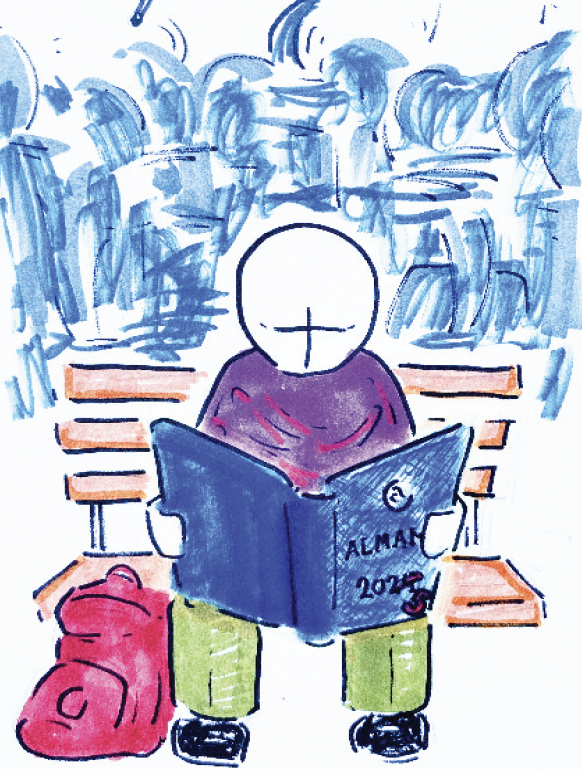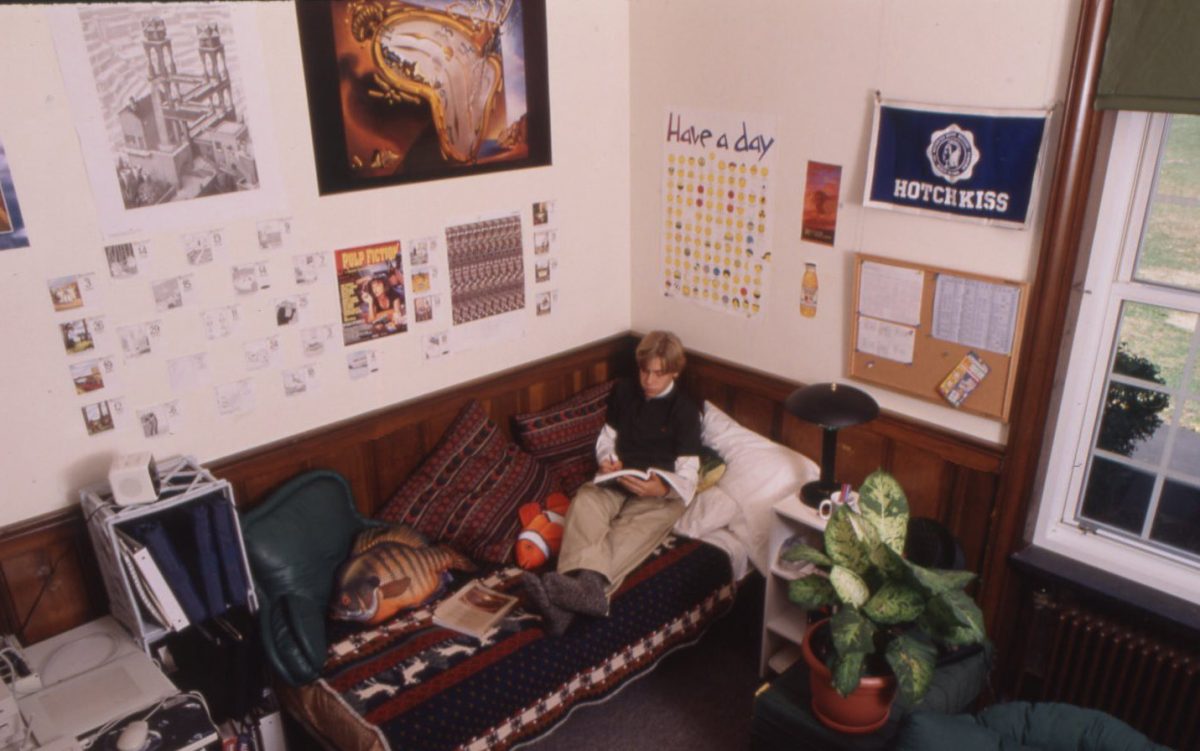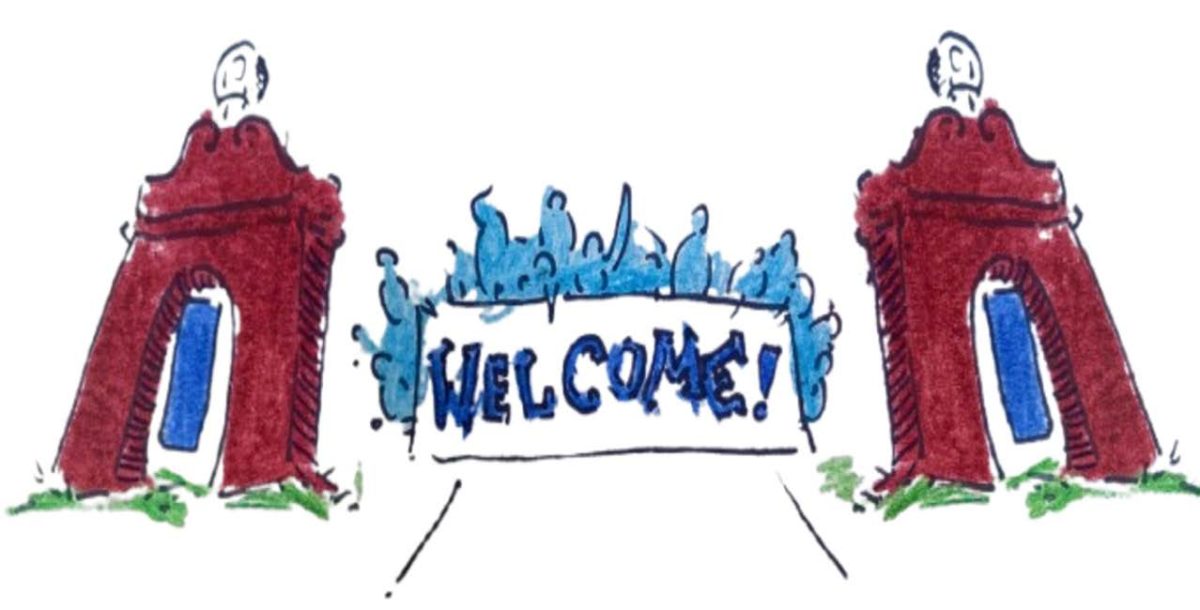Burned houses, destroyed lands, and, worst of all, lost lives, come with every new day of Russian aggression in Ukraine. As the 597th day of the full-scale war in Ukraine passes, it’s easy to let the terrifying reality turn into dry statistics.
“Kryvyi Rih: 6 people dead, one of whom is a 10-year-old girl.” “Kramatorsk: 60 civilians dead, over 110 wounded.” “Kherson: 23 people dead, 46 injured.”
Behind each of these news headlines stands the story of real people: children who never got the chance to grow up, parents whose children are now only memories, people with their homes and feelings of safety taken away from them. Although dozens of news stories appearing online every day, there are still thousands left untold.
For me, the morning of February 24 started with dozens of explosions near my home in Kyiv. Hundreds of channels translated the same news as Putin proclaimed the beginning of a “special military operation with the goal of denationalization and demilitarization.”
In the first hours of the full-scale war, my family made a decision to evacuate to Borodyanka, a small city near Kyiv. This decision led us to spend 10 days under occupation amid constant shellings and fear — not of death, but of what it would take to stay alive.
On the second day, Russian military forces struck the power plants, leaving hundreds of thousands of people without water, food, and electricity. They cut us off from the outer world. The sounds of explosions and shotguns were a constant reminder of the hundreds of people losing their lives each moment. With no military objects in sight, the people — children, women, and elderly, who decided to come to a small city in hopes of finding safety — became the main target of Russian military planes.
March 1: Mom’s birthday. The conventional renewal period forced us to realize our new reality. Varenyky (dumplings) and bread, the last pieces of food we had, replaced birthday cake; our counting between the flashes and explosions became the only form of celebration. “7 seconds. Far enough.”
After four days, we were evacuated. The day after that, our house was hit by a wave of explosions.
As we came back to Borodyanka this summer, I was struck by the effects of the Russian-imposed war. The buildings that used to impress passers-by with their colors and design now stood with their windows broken, roofs caved-in, and walls destroyed. Hundreds of burned cars sat abandoned along the driveways, covered by white ribbons and massive signs warning away Russian bombers by indicating the presence of children — to no effect. The fences around private houses were covered in bullet marks; the swing on the playground, a local bench, and the door in the church were, too. The guns spared nothing.
The destruction reminds me that my story is just one of many. As Ukraine continues to lose its territories, I realize the terrifying implications of Russia’s intentions — to take over all of Ukraine and destroy Ukrainian identity. How many stories will be lost in this war, with no one left to tell them?




